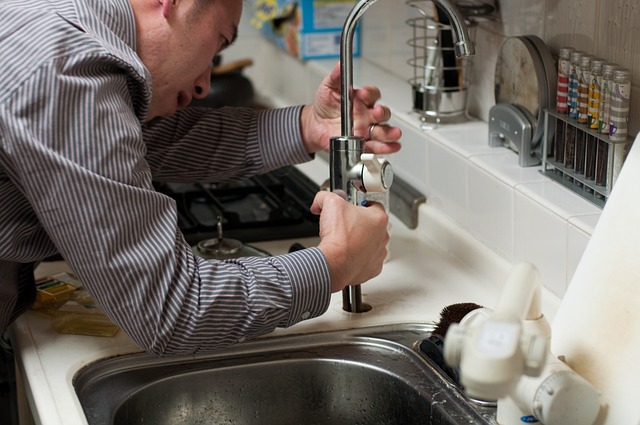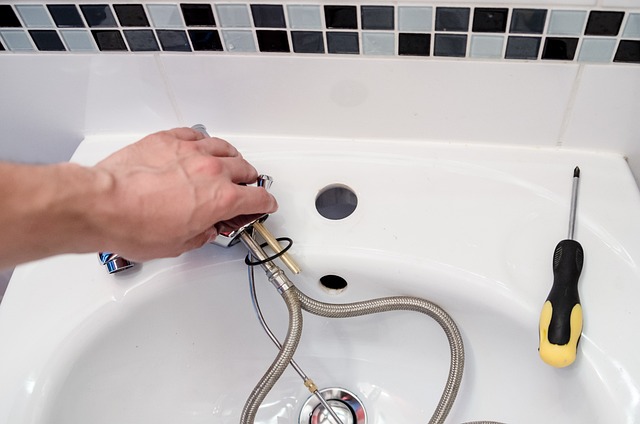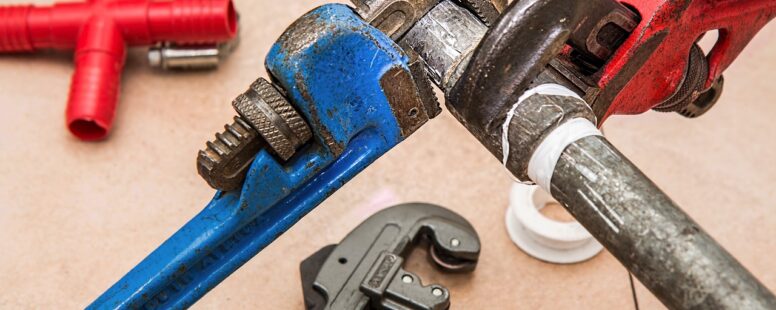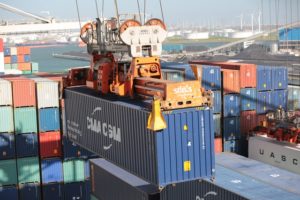Preventing Plumbing Emergencies: Simple Practices Every Homeowner Should Follow
Imagine this: you’re enjoying a quiet evening at home when, suddenly, the unmistakable sound of water gushing fills the air, followed by panic as you realize your kitchen is turning into an unintended swimming pool. As every homeowner knows, plumbing emergencies can strike without warning, often leading to costly repairs and endless stress. But what if we told you that you could significantly reduce the risk of such disasters with just a few simple practices?
In this blog post, we’re diving into essential tips that will empower you to take charge of your plumbing before problems arise. Say goodbye to frantic calls to emergency plumbers and hello to peace of mind—because preventing plumbing mishaps starts with intelligent habits.
Check for Leaks Regularly
One of the simplest ways to avoid a plumbing disaster is to check for leaks routinely. Leaky faucets, toilets, or showerheads might seem like minor annoyances, but they can lead to more significant problems if left unattended. Make it a habit to inspect under sinks, around appliances like dishwashers or washing machines, and anywhere water lines run. If you notice any water stains or small puddles, fix the leak right away to prevent more significant issues down the road. A KL plumber can also help you identify the source of leaks and address it quickly.

Watch What You Put Down the Drain
Clogged drains are one of the most common plumbing problems, and they can often be prevented by being mindful of what you put down the drain. Avoid pouring grease, oil, or large food particles down the sink in the kitchen. These can solidify and create stubborn blockages in your pipes. In the bathroom, use drain screens to catch hair, soap scum, and other debris. And remember: the toilet is not a trash can! Only flush toilet paper and waste—avoid flushing wipes, cotton balls, or other items that can cause a backup.
Maintain Your Water Heater
Your water heater is essential to your plumbing system, and keeping it in good shape is key to preventing breakdowns. Once a year, drain the tank to remove sediment that can build up and reduce efficiency. It’s also a good idea to check the temperature settings—keeping it around 120°F will prevent scalding while also saving energy. If you notice any strange noises, fluctuating temperatures, or leaks around the heater, call a professional to have it checked out before it fails.
Know Where Your Main Shut-Off Valve Is
One of the most critical steps in preventing a plumbing emergency is knowing how to respond if one happens. If a pipe bursts or a major leak occurs, you’ll first want to shut off the water supply. Ensure you know where your home’s main shut-off valve is located and how to operate it. In the event of an emergency, turning off the water quickly can prevent extensive damage and give you time to call for help.

Inspect Your Pipes for Corrosion
Over time, pipes can corrode and weaken, making them more likely to burst or leak. If you live in an older home, checking your pipes for signs of rust, discoloration, or warping is especially important. If you notice any suspicious signs, have a professional plumber take a closer look to determine if the pipes need to be replaced. Catching corrosion early can save you from a major plumbing disaster.
Avoid Using Chemical Drain Cleaners
Reaching for a chemical drain cleaner might be tempting when dealing with a clogged drain, but these can do more harm than good. Over time, the harsh chemicals can damage your pipes and lead to leaks or breaks. Instead, try using a plunger, a drain snake, or a homemade solution like baking soda and vinegar to clear clogs. If the clog persists, it’s best to call a plumber who can clear it out without damaging your pipes. Plumbing emergencies can be a significant headache, but you can avoid most …



 If you want to move a lot of furniture and belongings to your new home, you will need a large truck or container. But if you have fewer items, it might be more feasible (and cost-effective) to ship them by air cargo. When shipping by sea, the container you choose is essential because the more significant the container, the higher the shipping costs. When packing, be sure to consider the size of your items and how many you have. It will help you determine what type of container or truck is necessary for your move. Trying to fit too many things into a small container can cause damage during transport.
If you want to move a lot of furniture and belongings to your new home, you will need a large truck or container. But if you have fewer items, it might be more feasible (and cost-effective) to ship them by air cargo. When shipping by sea, the container you choose is essential because the more significant the container, the higher the shipping costs. When packing, be sure to consider the size of your items and how many you have. It will help you determine what type of container or truck is necessary for your move. Trying to fit too many things into a small container can cause damage during transport. Whether you are moving by sea or air, it’s essential to consider the best way to ship your belongings. For example, suppose you’re shipping furniture that cannot easily fit into a standard storage container (e.g., bulky antique armoires). In that case, air cargo is probably not an option because these items must go via boat. Similarly, suppose you are shipping many small things. In that case, it might be more efficient (and affordable) to use an express courier service instead of renting a container or hiring a truck.
Whether you are moving by sea or air, it’s essential to consider the best way to ship your belongings. For example, suppose you’re shipping furniture that cannot easily fit into a standard storage container (e.g., bulky antique armoires). In that case, air cargo is probably not an option because these items must go via boat. Similarly, suppose you are shipping many small things. In that case, it might be more efficient (and affordable) to use an express courier service instead of renting a container or hiring a truck.